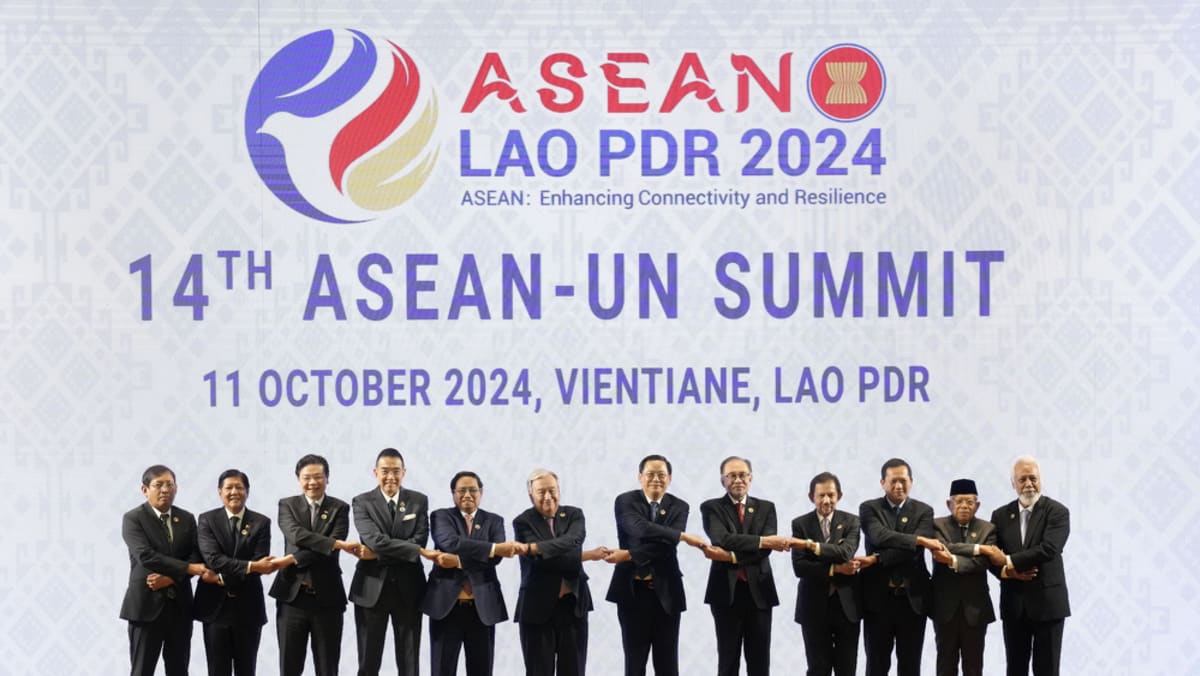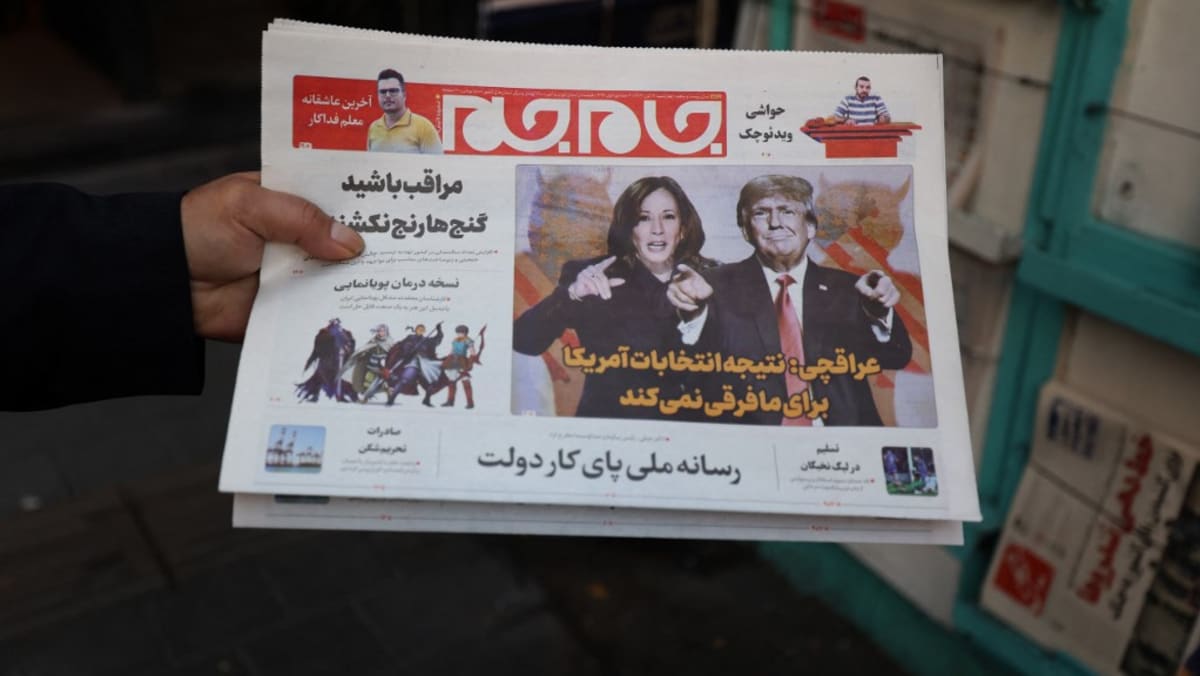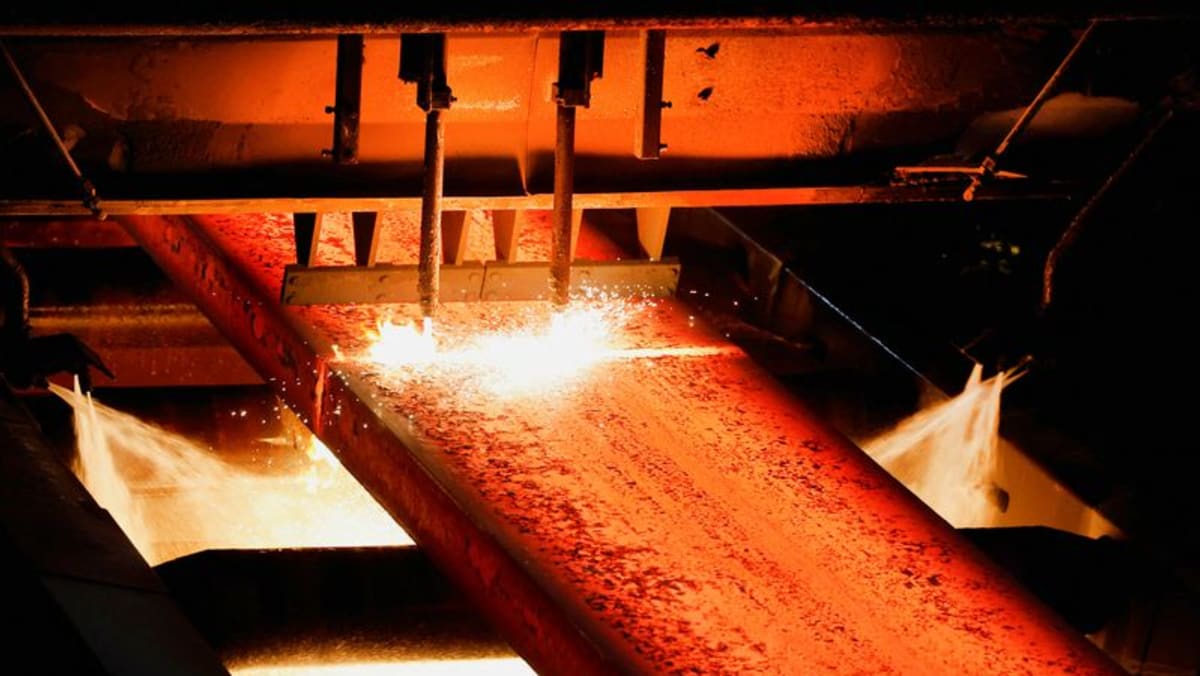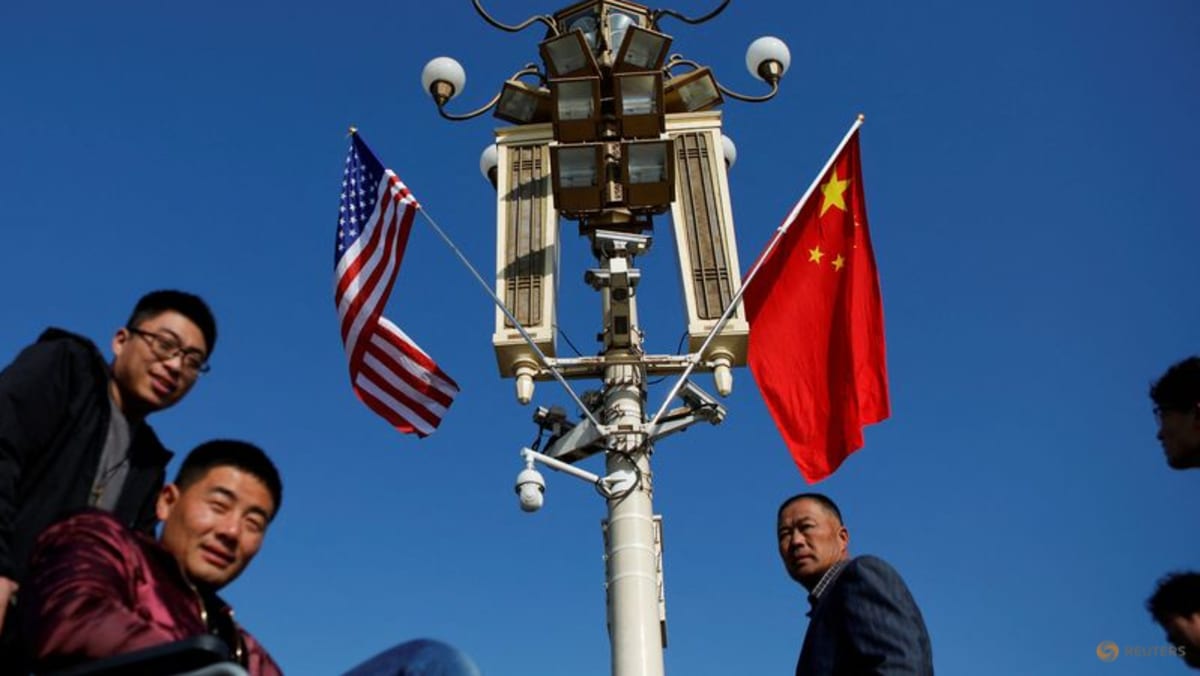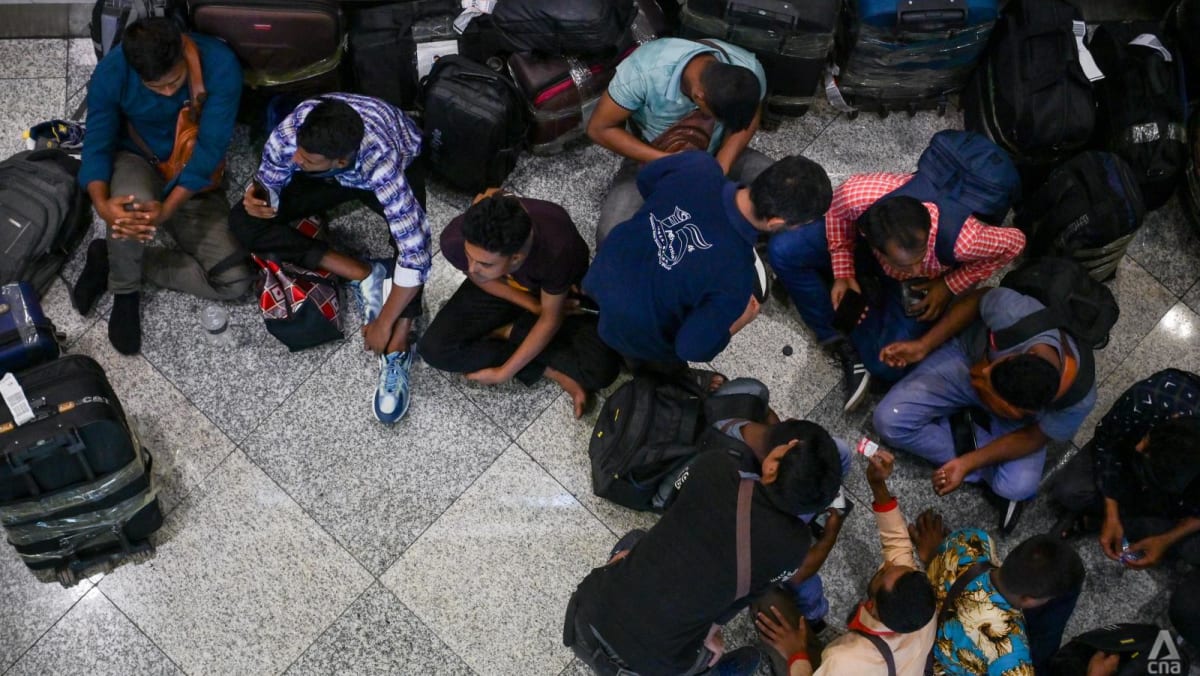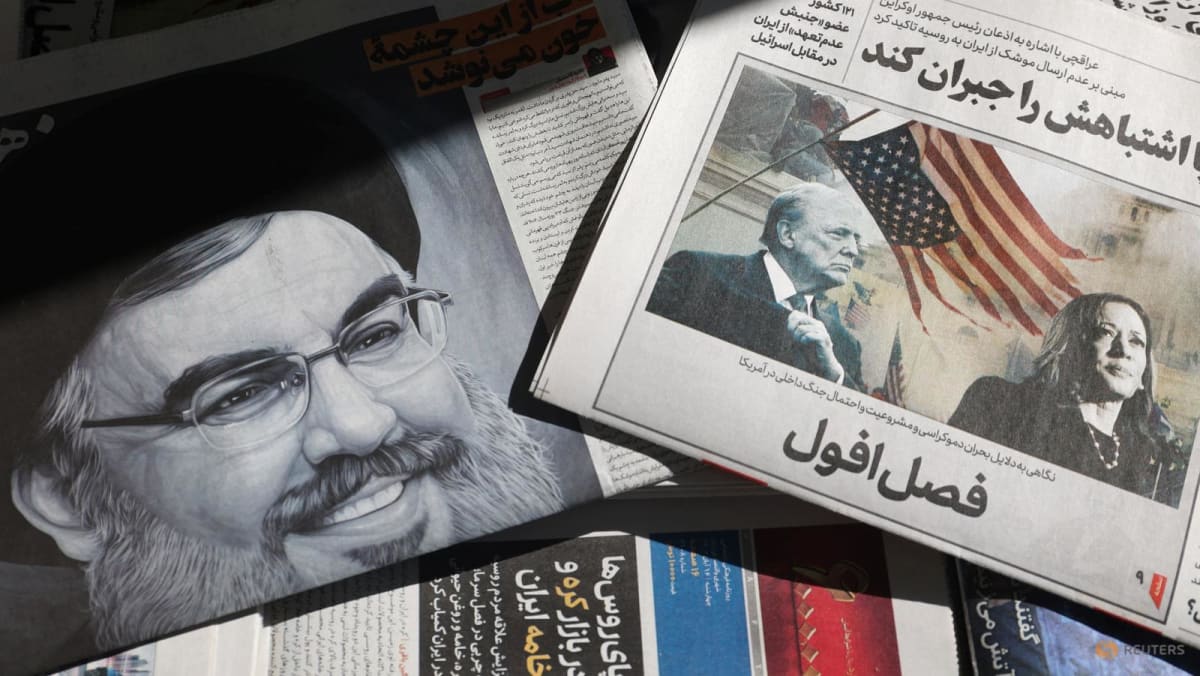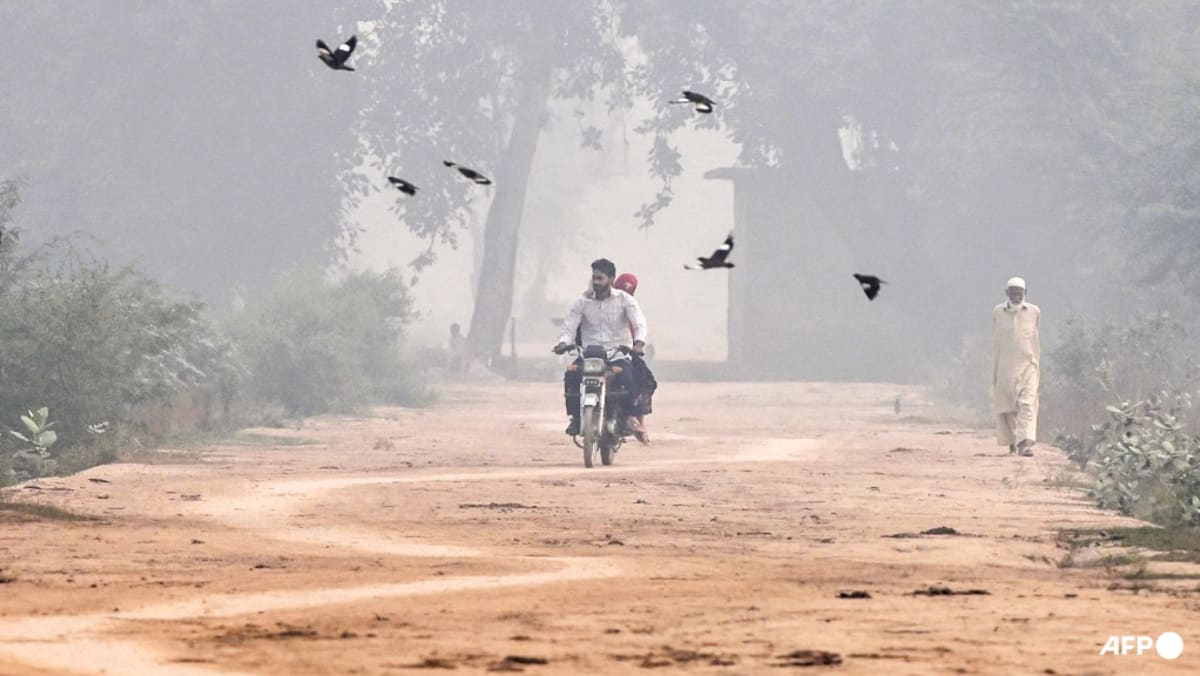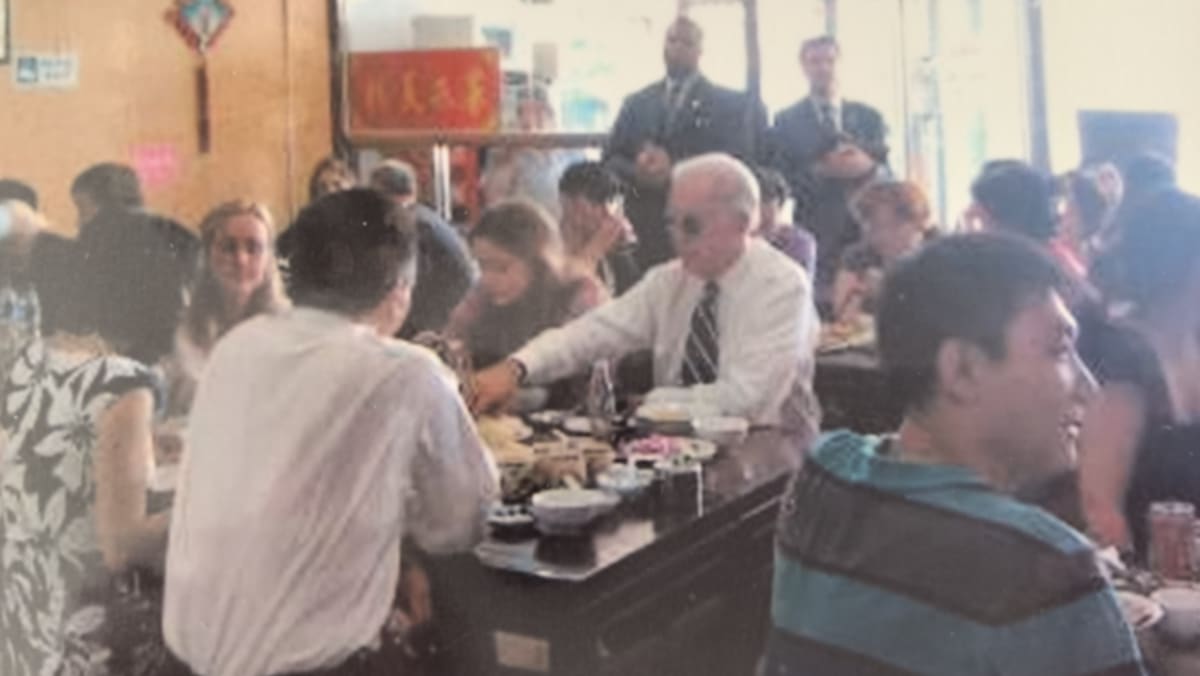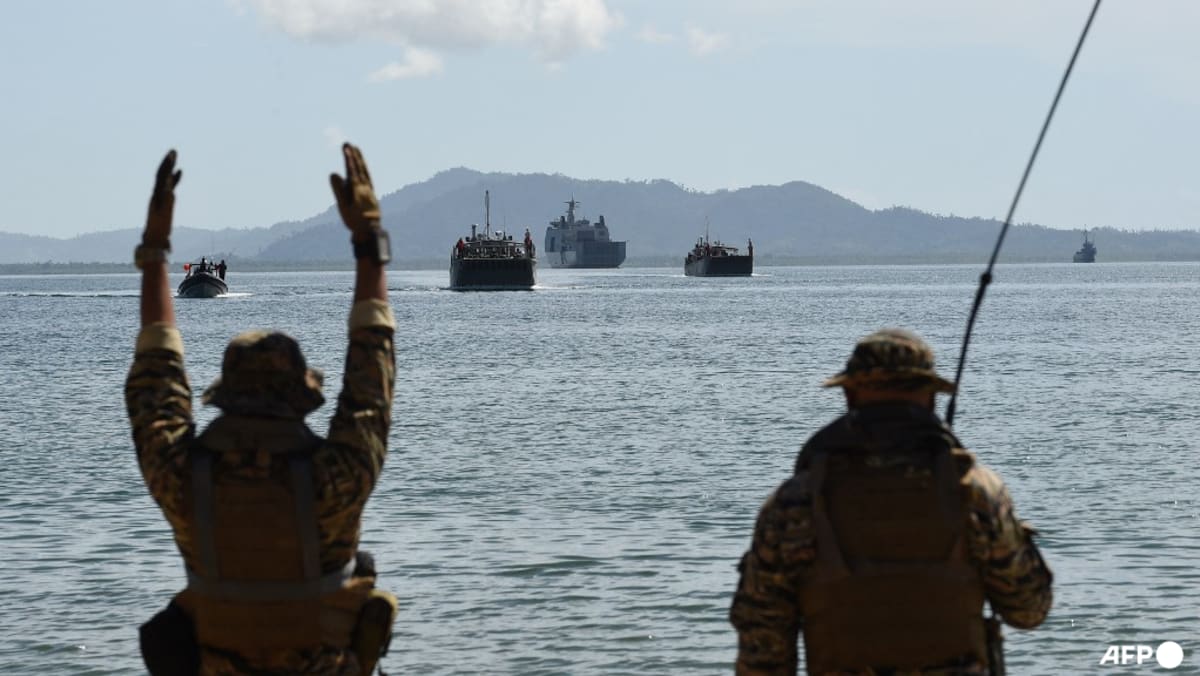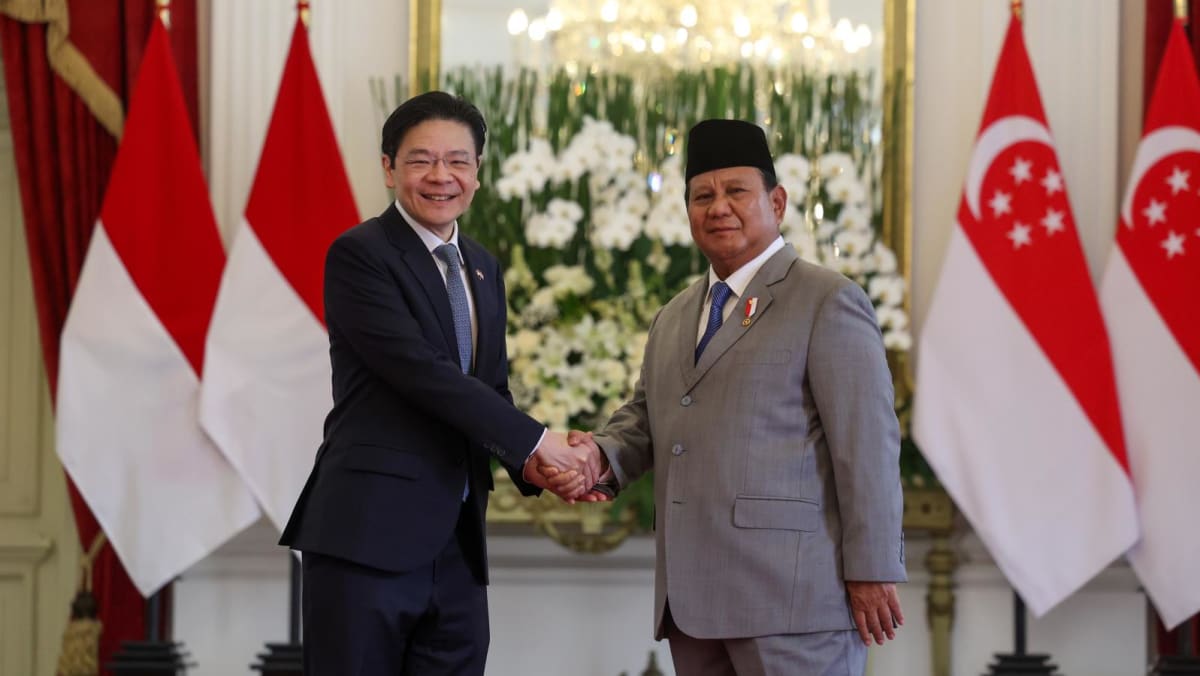Hong Kong must fight blowback after passing Article 23 law: Analysts
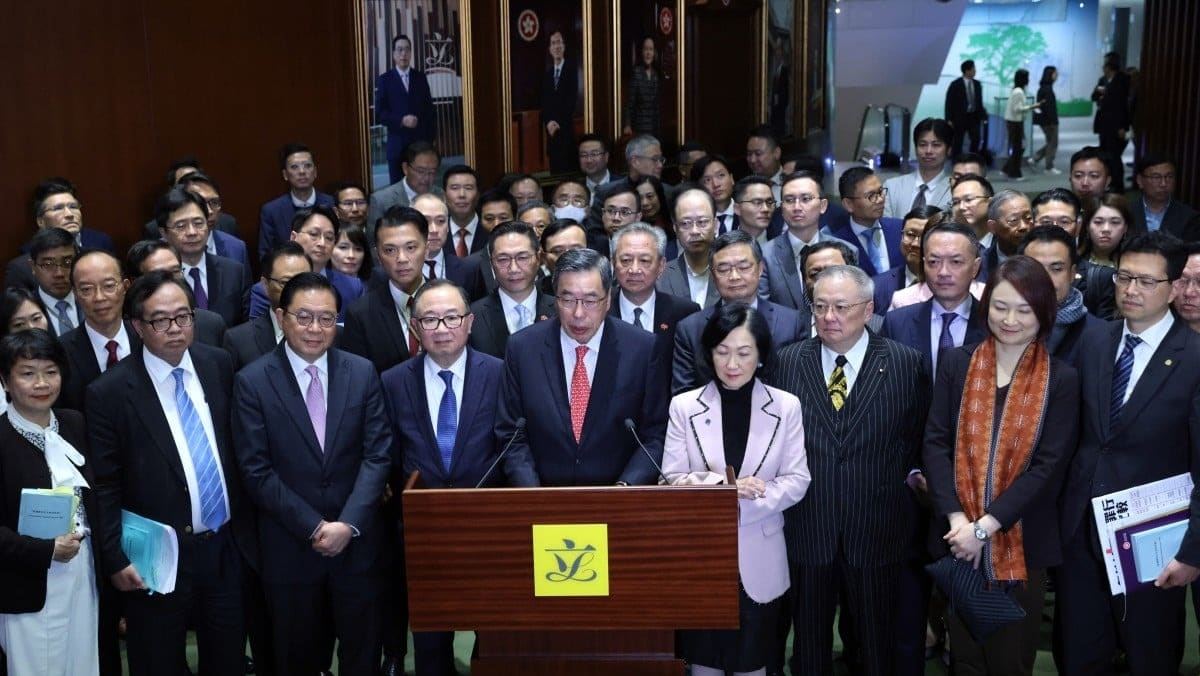
Tong added possible punitive measures by the United States and its allies against Hong Kong’s economic development were “unavoidable”.
“Hong Kong must bite the bullet and confront these challenges head-on,” he said. “The proof of the pudding is in the eating.
“All sides need time to digest that Hong Kong’s ‘one country, two systems’ (governing principle) operates well.”
All eyes are now on how Hong Kong can chart its course of economic development and navigate around any potential backlash after the city fulfilled an obligation under the Basic Law, the city’s mini-constitution, that was shelved by mass protests more than two decades ago.
American politicians have proposed a string of measures, including a revaluation of business and travel advisories for the city, the imposition of sanctions on more individuals and the removal of diplomatic privileges from the Hong Kong economic trade offices in the US.
A property developer, who asked not to be named, said what worried some was that Hong Kong’s credit ratings would risk being downgraded and participation in international organisations might be jeopardised if Western powers cast the law as a further diminishing of the city’s autonomy under one country, two systems.
Lau Siu-kai, a consultant to the semi-official Chinese Association of Hong Kong and Macau Studies think tank, said he expected repercussions and smear campaigns.
But like other analysts, he predicted they would likely be “less damaging” than those seen four years ago after Beijing imposed a security law on the city.
“The (Beijing-imposed law) – which drew bigger surprises and carried heavier penalties than Article 23 – resulted in sanctions on officials,” Lau said. “I don’t foresee the coming US repercussions surpassing that severity.”
Lau maintained another piece of national security legislation to complement the 2020 law would not undermine the city’s international collaborations.
He said businesses had already “digested” the city authorities’ emphasis on national security.
Lau added as long as their interests aligned with the mainland Chinese market, they were likely to remain rooted in the city. Other analysts agreed and said the Beijing-imposed law had “baked in” the idea of the need for national security.
But he advised the government to do more to fight smear campaigns and quash any misunderstandings in the international community to ensure that Hong Kong remained attractive to investors.
Asked by the Post about possible sanctions from the West or a downgraded travel advisory for the city, lawmaker Martin Liao Cheung-kong, the chairman of the bills committee, said the city would cope with any problems.
“Whatever will come will come,” he added. “This is not my consideration.”
Source: CNA


